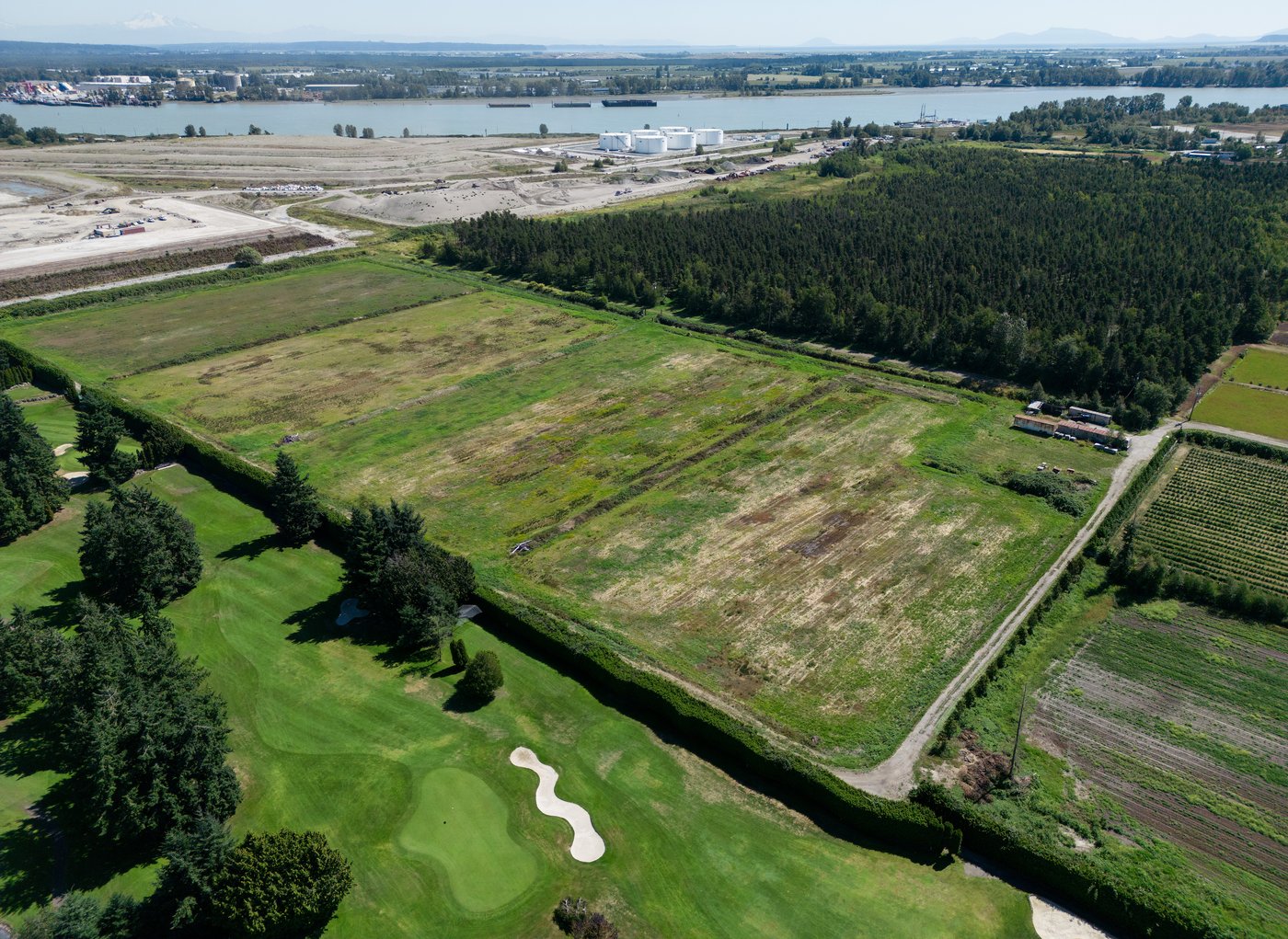Elevate your local knowledge
Sign up for the iNFOnews newsletter today!
Sign up for the iNFOnews newsletter today!
Selecting your primary region ensures you get the stories that matter to you first.

VICTORIA — The lawyer representing the Cowichan Tribes said he is “frustrated and disappointed” with what he calls “misinformation” about his clients’ ground-breaking Aboriginal title case in Richmond, B.C.
David Rosenberg said his clients were not targetting privately held land in the title area on the Fraser River and that if the province negotiated in good faith, the “likely outcome” would be a treaty recognizing Aboriginal title while allowing private owners to continue to hold fee-simple title.
In an interview, Rosenberg referred to a recent letter from the city telling private owners in the title area that the ruling may compromise the “status and validity” of their own title rights.
He pushed back, saying his clients weren’t seeking any remedy that would extinguish fee-simple title, which is Canada’s most common form of property ownership.
“My view is that the energy of our political leaders should be focused on reconciliation rather than making inflammatory remarks that raise the temperature, and I think, for calmer heads to prevail, accurate information should be circulated,” Rosenberg said.
He says the Cowichan instead want the province to “do the right thing” and “negotiate honourably.”
The August ruling in B.C. Supreme Court says the tribes have Aboriginal title over a portion of land on the Fraser River, that Crown and city titles on the land are defective, and the granting of private titles on it by the government unjustifiably infringed on Cowichan title.
It says the province owes a duty to the Cowichan to negotiate in good faith how to reconcile Crown-granted private ownership with Aboriginal title.
Privately owned properties on the lands include multimillion-dollar mansions, blueberry farms and a golf course, in addition to Crown and City of Richmond holdings.
Rosenberg said the Cowichan “stands with the (private) land owners” and are empathic to them because his clients have also been frustrated by “inactivity” from the provincial government to deal with this matter.
He said the history of the Cowichan title area involved “extreme circumstances” in which then Chief Commissioner of Lands and Works Richard Moody purchased land that was supposed to have been set aside for a reserve for the Cowichan Tribes in the 1800s.
Rosenberg warned against applying that specific situation, which he called a “tremendous injustice,” to all fee-simple lands across British Columbia or Canada.
British Columbia, the City of Richmond and the Musqueam First Nation have said they will appeal the ruling, while the city’s letter invites private owners to an Oct. 28 meeting on the issue.
B.C. Conservative leader John Rustad has called on Premier David Eby to ask the Supreme Court of Canada for an immediate ruling on whether Aboriginal title can coexist with private property rights, but Rosenberg said this is “unrealistic.”
He said Canada’s highest court would want a full record from the original trial court and the appeals court before taking up the case.
The Cowichan Tribes case has generated significant attention because of potential implications for private property rights.
Richmond Mayor Malcolm Brodie has called it “one of the most consequential rulings of any court” in Canadian history, adding that it has to be “aggressively and assertively appealed, and it cannot be allowed to stand” because of its potential to undermine fee-simple land ownership.
British Columbia Attorney General Niki Sharma told reporters this week the province had asserted that a “private property right sits above” Aboriginal title. She acknowledged this argument had proven unsuccessful at trial.
“We made our arguments at the trial level, but what I can say is all of our grounds of appeal will be making sure that we make clear that simple title has a superior title than everything else,” she said.
Sharma also acknowledged that the legal dispute unfolded within a larger political context.
“I’m the attorney general, so my job is to deal with legal arguments and court decisions in the courtroom,” Sharma said. “We have a bigger team in government that’s focused on many other things, sitting down at tables with First Nations, getting economic agreements, expanding our reconciliation work and dealing with things like building the economy, and all those other things.”
Rustad, meanwhile, called on the province to immediately pause all negotiations between the province and First Nations until the case was resolved.
Grand Chief Stewart Phillip of the Union of BC Indian Chiefs has called the Cowichan Tribes case a “monumental recognition of Aboriginal title and rights” and a “reminder” that First Nations are forced into the courts because the “Crown continually fails to honourably recognize and implement” the rights of First Nations.
The First Nations Leadership Council, which includes the Union of BC Indian Chiefs, has also pushed back against the argument that Aboriginal title and private property rights are not reconcilable.
“Aboriginal title and fee simple private ownership can and do coexist,” the council said in a statement this week.
This report by The Canadian Press was first published Oct. 24, 2025.
This site is protected by reCAPTCHA and the Google Privacy Policy and Terms of Service apply.
Want to share your thoughts, add context, or connect with others in your community?
You must be logged in to post a comment.